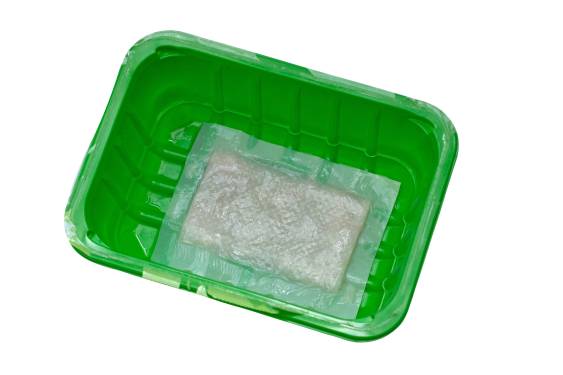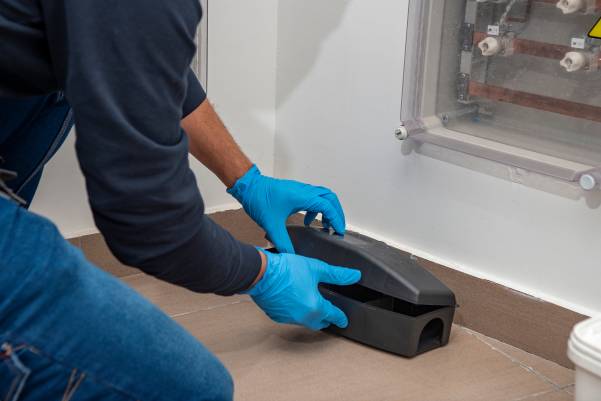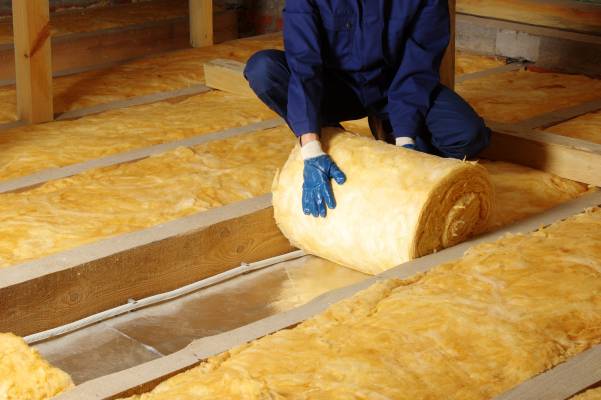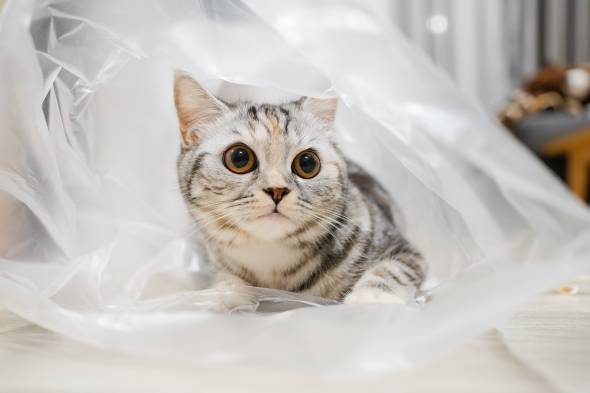Connect with a verified veterinarian in minutes. Licensed vets are available 24/7 to answer your questions. No need to worry about your furry family member.
Cats are sometimes a lot like dogs! They’re attracted to meat and anything that meat’s been in or on! For example, some cats are attracted to the absorbent pad in a meat tray. But what happens if a cat starts munching down on an absorbent pad meat tray? Can the absorbent pad make a cat sick?
Has your cat eaten an absorbent pad from a meat tray? Are you worried the absorbent pad will make your dog sick? If so, you’ve come to the right place. We understand it can be scary when your cat eats something like this.
We’ve put together information about the absorbent pad in a meat tray and whether it can make a cat sick. Let’s get started!
What is an Absorbent Pad in a Meat Tray?
Absorbent pads in the meat tray are made of materials that absorb liquid from the meat tray. The pads soak up fluids from the meat and keep them from pooling in the meat packaging. That can be pretty gross!
What’s more, the pads keep meat juices from dripping on kitchen surfaces, such as cabinets and other surfaces. Nothing is worse than finding meat, blood and juice all over the kitchen! Yuck! So, ultimately, the pad also works to keep harmful bacteria off kitchen surfaces. And the pads also keep bacteria from growing in the meat.
What are the Absorbent Pads in Meat Trays Made Of?
Meat tray pads are usually made of paper that includes a plastic liner containing silica gel or cellulose. These materials are covered with a non-toxic plastic wrapping with small holes. Liquid from the meat is then drawn into the holes and into the absorbent pad.
Don’t worry about these pads being toxic. The FDA has approved the pads and is assured they are safe to use.
While these absorbent pads are safe when used as directed, what happens if your cat eats one of the pads? Will he become sick?

Review symptoms, medications & behavior to keep your pets healthy with a Vet Online in just minutes.
Ask a Vet Live NowAbsorbent Pads & Cats
Unfortunately, the meat tray absorbent pads can be very dangerous for the cat. At the very least, the pads could cause digestive upset. However, it’s also possible the absorbent could cause an intestinal blockage in the cat’s digestive tract due to the space it will occupy in your cat’s guts.
This is a very dangerous condition that requires prompt medical treatment, or it can lead to death.
Symptoms of Absorbent Pad Ingestion in Cats
You may notice these symptoms if your cat eats an absorbent pad from a meat tray:
- Uncharacteristic behavior or aggression
- Abdominal pain & swelling
- Vomiting
- Lack of energy
- Diarrhea
- Constipation
- Lack of appetite
- Drooling
If you notice these symptoms in your cat, call the vet immediately. This is an emergency.
The good news is that cats who receive prompt medical care have the best chance of making a full recovery.
Connect with a verified veterinarian in minutes. Licensed vets are available 24/7 to answer your questions. No need to worry about your furry family member.

Emma Chandley, BVetMed MRCVS PGCertSAS
This article has been reviewed and approved by an independent Veterinarian: Emma graduated from the Royal Vet College in London in 2011. She has a keen interest in surgery and went on to do a post graduate certificate in small animal surgery and was then awarded advanced practitioner status in the same discipline.
Review symptoms, medications & behavior to keep your pets healthy with a Vet Online in just minutes.
Ask a Vet Live Now





